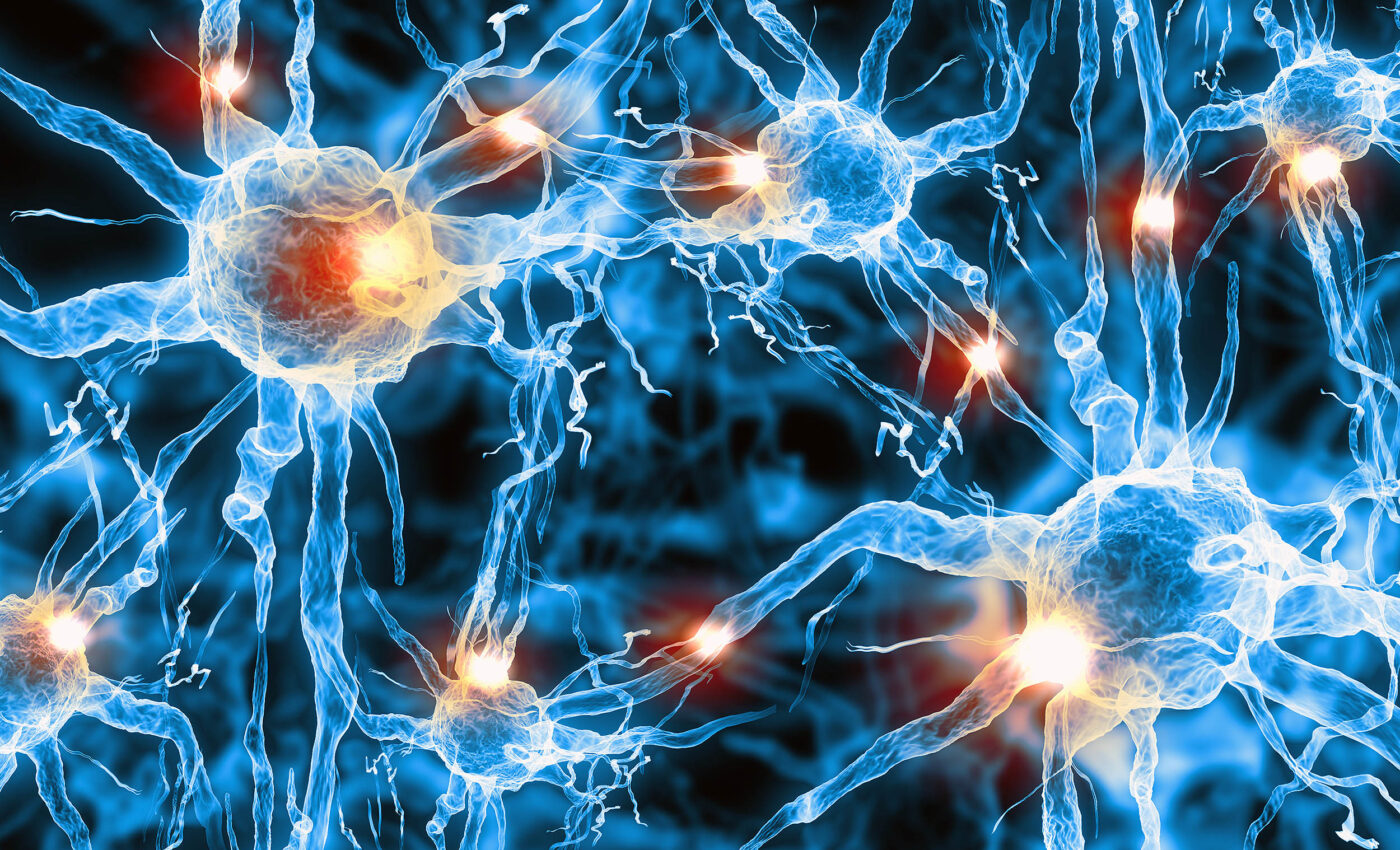
Middle-age obesity is caused by changes in brain structure
Middle-age obesity is a growing concern worldwide, linked to a myriad of health issues such as diabetes, heart disease, and other chronic conditions. Traditional understanding attributes this weight gain to a decrease in metabolism due to aging.
However, recent research by Nagoya University and its collaborators offers a new explanation. The study delves into the biological mechanisms behind middle-age obesity, shifting the focus towards the brain’s pivotal role in regulating metabolism and appetite.
Hypothalamus, neurons, and middle-age obesity
At the heart of this discovery is the hypothalamus, a critical brain region responsible for controlling metabolism and appetite. The researchers identified that the shape of neurons in the hypothalamus plays a pivotal role in middle-age obesity.
Specifically, a protein known as the melanocortin-4 receptor (MC4R) is key. MC4R operates as a guardian against obesity by detecting overnutrition and regulating metabolism and appetite accordingly. These receptors are found in primary cilia, which are antenna-like structures that extend from certain hypothalamic neurons.
The study reveals that these primary cilia undergo age-related changes, becoming shorter over time. This reduction in length leads to a corresponding decrease in MC4R, culminating in weight gain.
“We believe that a similar mechanism exists in humans as well,” states Professor Kazuhiro Nakamura of the Nagoya University Graduate School of Medicine. He highlights the potential broader implications of their findings.
The research, published in the journal Cell Metabolism, marks a significant step towards understanding and potentially treating middle-age obesity more effectively.
Diet’s impact on brain structure
Further investigations into this phenomenon revealed that the length of MC4R+ cilia — and thus the body’s metabolism and fat-burning capabilities — varies with age and diet.
Middle-aged rats showed notably shorter MC4R+ cilia compared to their younger counterparts. This indicates a decline in metabolic efficiency with age.
Diets influenced cilia length in different ways. High-fat diets accelerated the shortening process, whereas restricted diets decelerated it. Intriguingly, dietary restriction even led to the regeneration of MC4R+ cilia previously lost with age.
The study also explored the effects of artificially shortening MC4R+ cilia in young rats, which resulted in increased food intake, reduced metabolism, and subsequent weight gain.
This manipulation mirrored the natural aging process, providing further evidence of the critical role of MC4R+ cilia in maintaining metabolic balance.
Leptin resistance as a barrier to weight loss
Another aspect of the study focused on leptin, a hormone linked to reducing food intake.
In rats with shortened MC4R+ cilia, leptin failed to decrease appetite, illustrating a condition known as leptin resistance — a common challenge in treating human obesity.
“This phenomenon…is an obstacle to the treatment of obesity, but the cause has long been unknown,” explains Dr. Manami Oya, shedding light on the intricate relationship between MC4R+ cilia length, leptin resistance, and obesity.
The team’s findings offer hope for combating middle-age obesity through dietary management. “Moderate eating habits could maintain MC4R+ cilia long enough to keep the brain’s anti-obesity system in good shape even as we age,” suggests Prof. Nakamura.
Implications and future study on middle-age obesity
In summary, Nagoya University’s new study unveils the critical link between the brain’s structure — specifically, the length of MC4R+ cilia within the hypothalamus — and the battle against middle-age obesity.
By demonstrating how these tiny cellular structures influence our metabolism and appetite, and how their age-related changes lead to weight gain and leptin resistance, the research highlights new pathways for innovative obesity treatments centered on maintaining or restoring these cilia.
With dietary moderation pinpointed as a key strategy for preserving our brain’s anti-obesity mechanisms well into middle age, this discovery enriches our understanding of the biological underpinnings of obesity and offers a beacon of hope for those seeking to combat this pervasive health issue.
The full study was published in the journal Cell Metabolism.
—–
Like what you read? Subscribe to our newsletter for engaging articles, exclusive content, and the latest updates.
Check us out on EarthSnap, a free app brought to you by Eric Ralls and Earth.com.
—–













